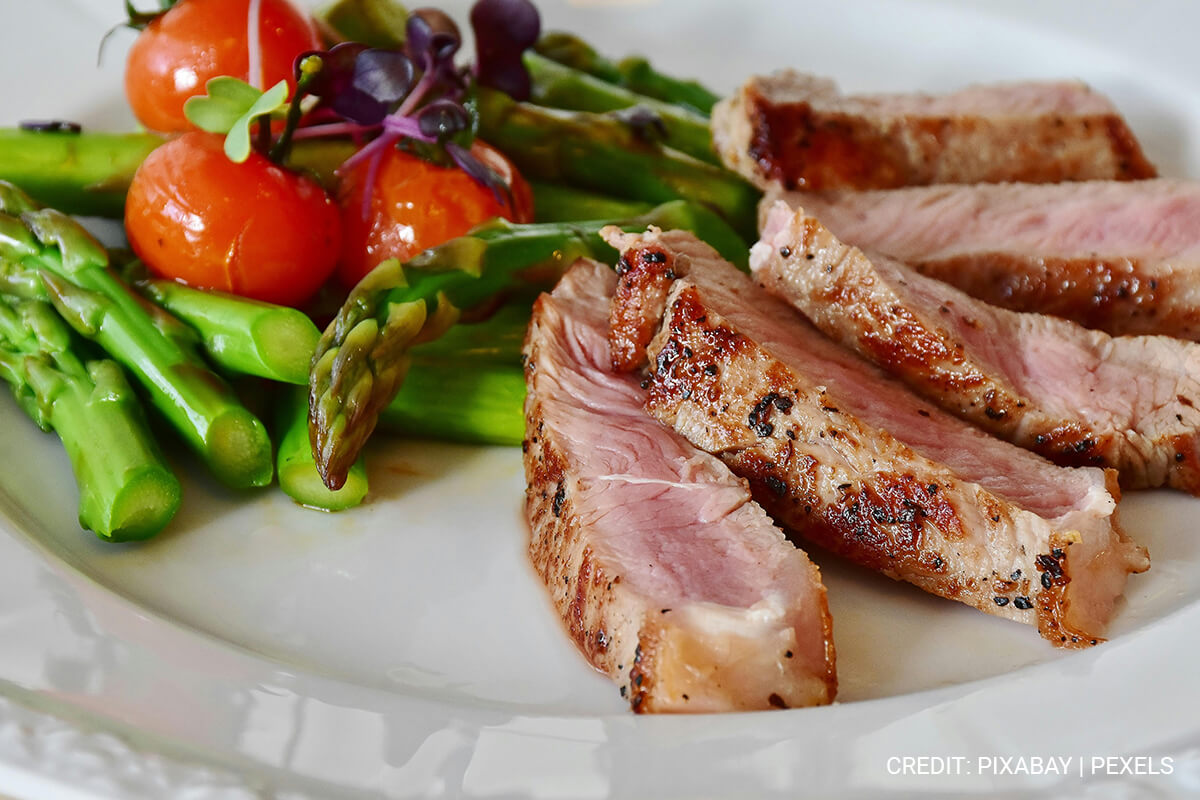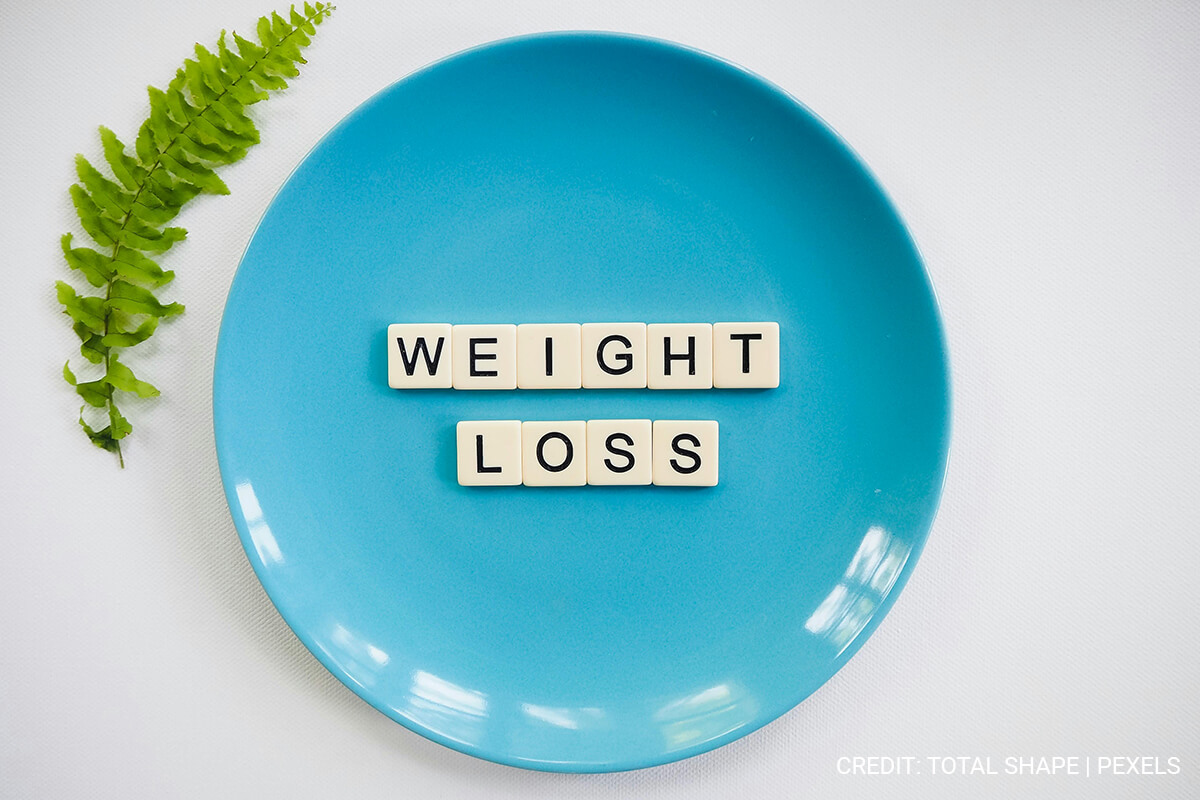For many individuals, weight loss is often associated with some-less-than positive impressions (such as restrictive diets, deprivation, and intense exercise regimens). However, weight loss doesn’t have to be an ordal. In fact, sustainable and healthy weight management is less about punishing the body and rather more about nourishing it in a way that promotes overall well-being. A holistic approach to weight loss prioritizes long-term health by focusing on more positive approaches than strict dieting and rigorous exercise (such as balanced nutrition, mindful eating, physical activity, stress management, and self-care). By shifting the focus from deprivation to nourishment, it’s easier to meet your weight-loss goals while maintaining energy, vitality, and a positive relationship with food as you do it.
Understanding Holistic Weight Loss
Holistic weight loss considers the body as a whole, recognizing that multiple factors influence weight (such as diet, lifestyle, emotions, and mental well-being). Unlike fad diets that promise quick results (but are difficult to sustain in the long-run), a holistic approach encourages gradual, healthy changes. That can more easily become lifelong habits (and therefore help you maintain your desired weight once you’ve achieved your goals). This method focuses on providing the body with the nutrients it needs (honouring hunger and satiety cues in the process), and maintaining a lifestyle that supports overall wellness rather than simple weight reduction.

Nourishing the Body with Whole Foods
One of the key aspects of a holistic approach to weight loss is consuming whole, nutrient-dense foods. The usual suspects (e.g. processed foods, excessive sugars, and unhealthy fats) can lead to weight gain and various health concerns. However, rather than eliminate entire food groups. The goal is to include a diverse range of nourishing foods that provide essential vitamins, minerals, and energy.
Emphasizing Nutrient-Dense Choices
The first step to a healthy diet is changing what you’re putting into your body. You might be familiar with the usual healthy foods people are supposed to eat while on a diet, but it may help to know what those foods actually do for you (and how they can help you improve your health) to tailor your diet for maximum effectiveness.
- Fruits and Vegetables: Rich in fibre, antioxidants, and essential vitamins, these foods support digestion and overall health.
- Lean Proteins: Sources such as legumes, nuts, seeds, tofu, fish, and lean meats help maintain muscle mass and promote satiety.
- Whole Grains: Foods like quinoa, oats, brown rice, and whole wheat products provide sustained energy and fibre.
- Healthy Fats: Olive oil, avocados, nuts, and seeds contribute to heart health and brain function.
- Hydration: Water is crucial for metabolism, digestion, and overall vitality. Herbal teas and infused water can add variety while maintaining hydration.
Eating a wide variety of these foods ensures the body receives the nutrients it needs to function optimally. The key is balance; allow yourself to enjoy nourishing meals (instead of quasi-starving yourself) without guilt or excessive restriction.
Mindful Eating for Sustainable Weight Loss
Mindful eating plays a significant role in a holistic weight loss journey. It involves being present during meals, listening to the signals. Your body sends (the hunger and fullness signals in particular), and cultivating a healthy relationship with food.
Strategies for Mindful Eating
- Eat Without Distractions: Avoiding screens and focusing on the meal enhances your enjoyment of your food (and prevents overeating as well).
- Chew Slowly: Taking time to chew allows for better digestion and a greater appreciation of the harmony of flavours in your meals.
- Recognize Hunger and Fullness Cues: Eating when hungry and (just as importantly) stopping when satisfied prevents unnecessary overconsumption.
- Practice Gratitude for Food: Appreciating the nourishment food provides is key to fostering a positive mindset around eating.
- Avoid Emotional Eating: Identifying triggers and finding alternative coping strategies (such as journalling or engaging in a hobby) helps maintain a healthy balance.
By eating with awareness, you can develop a deeper understanding of your body’s needs and reduce the likelihood of swinging to extremes (of either eating or dieting).

Physical Activity as a Form of Self-Care
What quite a few patients get wrong about exercise is that it’s a “punishment” for eating. It isn’t, and rather than conceive of. Exercise as some kind of penalty, it’s far more healthy to view it as a way to enhance overall well-being. After all, movement is essential for cardiovascular health, muscle strength, mental clarity, and mood regulation, and training yourself to see it as something good for yourself only strengthens the benefits you’re enjoying from exercise. Indeed, once you become aware of some of the physical and mental benefits of exercise, you’re only giving yourself more reason to partake.
Enjoyable Forms of Movement
- Walking: A simple yet effective way to stay active and reduce stress.
- Yoga and Pilates: Beneficial for flexibility, strength, and mindfulness
- Strength Training: Helps build muscle, boost metabolism, and improve bone health.
- Dancing: A fun way to engage the body and lift the spirit.
- Outdoor Activities: Cycling, hiking, and swimming add variety while providing fresh air and exposure to nature.
The trick to learning to like exercise is finding activities that are enjoyable to you. Finding an activity you actually like and favour helps you maintain consistency and long-term commitment. Above all, always keep in mind that movement should be a celebration of what the body can do rather than a chore.
Managing Stress and Sleep for Weight Balance
Chronic stress and inadequate sleep are often overlooked in weight loss efforts; however, the truth is that they play a crucial role in metabolism and overall health. High stress levels can lead to emotional eating, while poor sleep disrupts hunger hormones and energy levels.
Techniques for Stress Management
- Meditation and Deep Breathing: Calming the mind reduces cortisol levels and enhances relaxation.
- Journalling: Writing down thoughts and emotions helps process stress in a more constructive manner.
- Spending Time in Nature: Fresh air and greenery promote mental clarity and reduce tension.
- Engaging in Creative Activities: Painting, playing music, or crafting can be therapeutic and fulfilling.
- Building Support Networks: Connecting with loved ones provides emotional reassurance and encouragement.
Prioritizing Quality Sleep
- Maintain a Regular Sleep Schedule: Sleeping and waking at the same time regulates the body’s internal clock.
- Create a Relaxing Bedtime Routine: Reading, taking a warm bath, or practising gentle stretches signals the body to unwind.
- Limit Screen Time Before Bed: Reducing exposure to blue light promotes melatonin production for better sleep.
- Optimize Sleep Environment: A comfortable mattress, dim lighting, and a cool room temperature improve sleep quality.
Restorative sleep and stress reduction contribute to a more balanced lifestyle (which naturally supports your weight loss efforts).
Cultivating a Positive Mindset Around Weight Loss
Shifting the focus from weight loss as a goal to overall well-being encourages a healthier mindset. By building a more positive mindset, weight loss becomes less of an end itself, and more of a side effect of improving your overall health. Not only is it a simple way of shifting from a particular goal to a more comprehensive one, it’s a. More palatable goal for your mental health. The key takeaway is to approach weight management with an eye to self-compassion rather than criticism.
Key Mindset Shifts
- Celebrate Non-Scale Victories: Weight loss is a single end. Rather than focus on just that one goal, take the time to think about the benefits you can enjoy from a healthier lifestyle other than losing weight. Improved energy, better digestion, and enhanced mood are concrete signs of progress beyond weight changes, and priming yourself to notice them is a good place to start building that more positive mindset.
- Ditch the All-or-Nothing Mentality: One thing that discourages many seeking weight loss is the need to lose a particular amount of weight. On the contrary, you should also take into account any progress you make, no matter how small. It’s the small, consistent efforts that get you where you want to go, and you’ll make it there more easily without the pressure of perfection.
- Practice Self-Love and Acceptance: It helps to learn to accept yourself as you are, even if you feel you’re falling short. We’re all works in progress, and learning to embrace the body at every stage of the journey fosters confidence and motivation.
- Avoid Comparing to Others: Every individual’s body is unique, and progress should be personal rather than competitive. Your journey to better health and lower weight is a personal one, and for your own sake, you’re better off avoiding any comparison between yourself and anyone else.
- Set Realistic and Enjoyable Goals: When it comes to losing weight, it’s vital you give yourself realistic and attainable goals that you can achieve. While you’re at it, you can set smaller goals that make the journey more fun. Allowing yourself to focus on those enjoyable habits makes the journey fulfilling rather than restrictive.
When individuals approach weight loss with kindness, patience, and self-respect, they create a lifestyle that is both sustainable and rewarding.
A holistic approach to weight loss is about nourishing the body, mind, and soul rather than depriving oneself of enjoyment and essential nutrients. True health is not just about numbers on a scale; it’s also about feeling vibrant, strong, and balanced in all aspects of life. By embracing nourishment over deprivation, weight loss becomes a natural outcome of a well-rounded and fulfilling lifestyle.
When you need professional help meeting your weight loss needs, HOW Clinic is here to lend a hand. We provide weight loss programs and assessments to help you get to the root cause of your weight gain and provide effective strategies to lose it without turning the process into an ordeal. If you’re looking for an effective way to lose weight without stressing out, give us a call now at (519) 340-2744.

